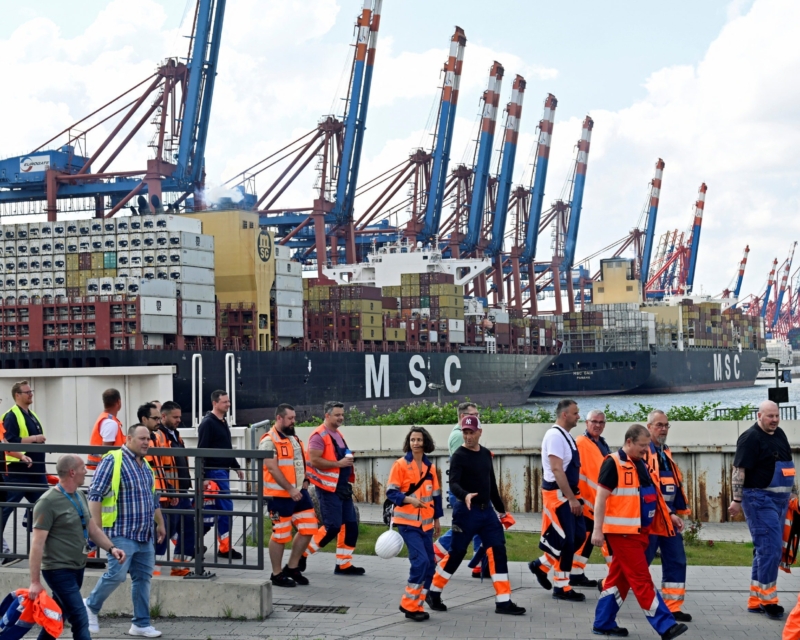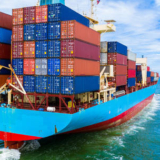Looming Dockworkers Strike Could Disrupt U.S. Supply Chains
A potential dockworkers strike threatens to paralyze the U.S supply chain as the nation stands on the brink of a significant economic disruption. If negotiations falter, 36 ports—responsible for handling roughly half of the country’s seaborne imports—could grind to a halt, sending ripple effects throughout the economy.
The potential economic cost is staggering. According to J.P. Morgan, a strike could cost the U.S. economy up to $5 billion per day, as delayed shipments of everything from consumer goods to critical manufacturing supplies pile up on docks. Retailers, manufacturers, and farmers alike are bracing for impact, as a supply chain already tested by the pandemic faces another major bottleneck. The National Retail Federation, along with 177 trade groups, has urged President Biden to step in and prevent such a catastrophe.
This strike creates a national emergency—Biden has signaled he has no immediate plans to do so. The White House, instead, is encouraging continued negotiations and assessing ways to mitigate supply chain disruptions. For now, Biden seems keen to avoid direct intervention, likely wary of the political optics of taking sides in a labor dispute amid an election year.
But the stakes are high. If ports shut down, the impact won’t just be felt at the docks—it will ripple through every sector of the economy, potentially raising consumer prices and slowing production for months to come. Biden’s choice to stay hands-off could either encourage a resolution or push the economy toward a costly stalemate, leaving the nation to wait and see if labor and management can find common ground before the clock runs out.






